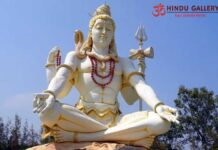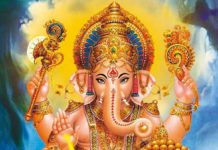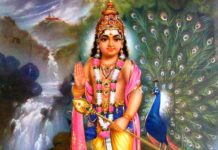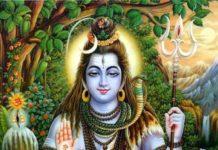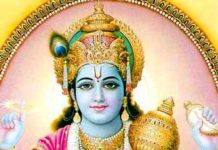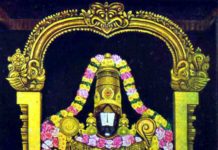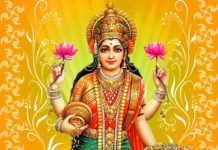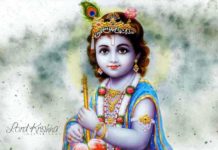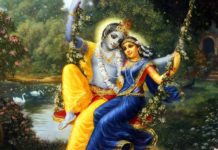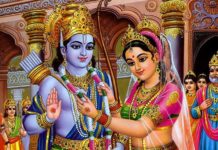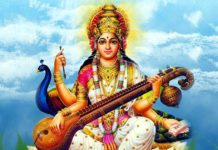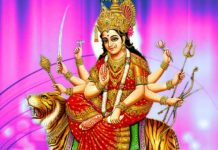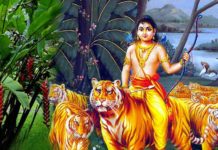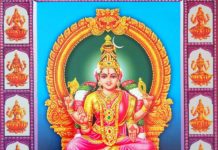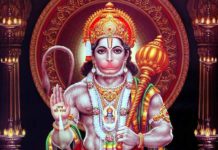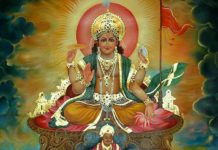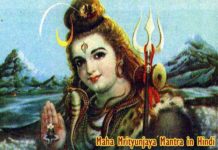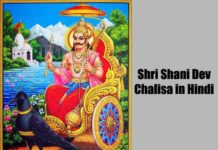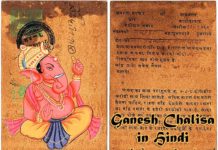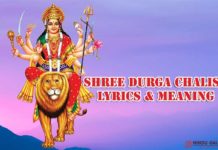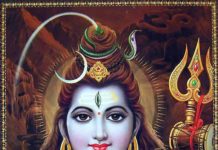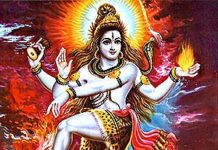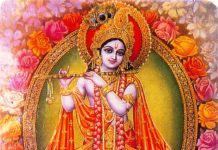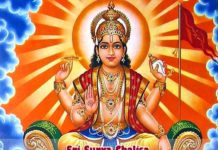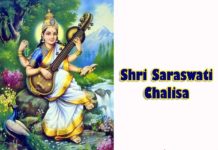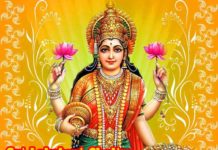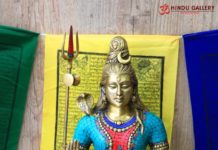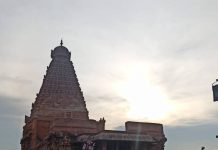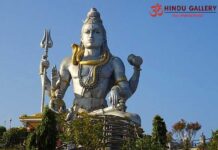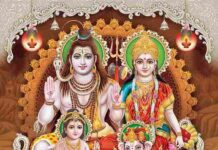Mokshada Ekadashi is the eleventh day from the Amavasya day which occurs on the Shukla Paksha Ekadashi Tithi of the Mrigashira month as per both the Amantha and the Purnimantha Calendars.
In the year 2022, Mokshada Ekadashi occurs on Saturday, 3rd December 2022. The exact duration of the Ekadashi Tithi has to be ascertained from the respective regional calendars.
The Vrat is also known as Gomati Ekadashi, Margashira Shukla Ekadashi, Mauna Ekadashi and Gita Jayanthi.
Gita Jayanthi
This day is the day on which the divine conversation between Bhagwan Sri Krishna and Arjuna happened at Kurukshetra war. Through Srimad Bhagavadh Geetha, Bhagwan Krishna had taught Arjuna about the facts and facets of life, dharma, duties and other spiritual aspects.


The place where Srimadh Geetha was recited is situated at Jyotisar, Kurukshetra at Haryana. The tree under which the Upadesh was made still exists there.
Legend
As per Brahma Vavartha Purna, Bhagwan Krishna had narrated the importance and significance of Mokashada Ekadashi Vrat to the King Yudhishtra.
Earlier, there was a pious King named Vaikhanas. At his Kingdom, the people were happy as he was a good ruler. One day, the King had a dream in his sleep. His father came in his dream and told that he was toiling in hell.
The King had woken up and was pondering over the dream. He knew that his father was a good person. He was perplexed as to why a good person like his father would be in hell.
He had called the scholars in his Kingdom and raised the doubt. They could not ascertain the cause. However, one of the scholars had suggested that the King should meet the Sage Parvatha. The scholar also said that the Sadhu would provide solution to the King’s problem.
Accordingly, the King went to the ashram of the Sage Parvatha. After preliminary respectful courtesies, the Sage asked the King the purpose of his visit. The King told him his predicament. He had requested the Sage to show him the way so that the King’s father would go to heaven.
The Sage then said that the King’s father was in hell due to the effects of his past Karma. He then suggested that the King Vakhanas should observe the Mokshada Ekadashi Vrat on the Shukla Paksha Ekadashi of the Margashira month and that the virtuous effect of the Vrat would enable his father to reach heaven.
The King had duly observed the Vrat as directed by the Sage. His father also then had reached heaven.
Rituals
The general rituals followed for Ekadashi Vrats are given below:
-The exact time of dawn of Ekadashi tithi is ascertained either from family elders / astrologers. It is mentioned in the Holy Almanac (Panchang) as well. Even daily Calendars provide the information.
-The idol or picture of Sri Vishnu is decorated with flowers. Incense sticks are burned. Diyas are lit with ghee. Pujas are done with tulsi leaves. Slokas or stotras of Sri Maha Vishnu including Sri Vishnu Sahasra Nama are recited with devotion. Srimad Bhagavad Gitaa is also recited.
-Special Puja is done for Sri Lakshmi Devi as well.
-The Vrat Katha is to be read and recited.
-At the end of the puja, aarti is done. Prasad is distributed to the family members.
-Devotees of Bhagwan Maha Vishnu observe strict fasting from the dawn of Ekadashi.
-They do not sleep on the night of Ekadashi. At this time, tales of Sri Maha Vishnu are recited by the elders. Others listen to the stories.
-Various bhajans and kirtans are held.
-The fast shall continue till the sunrise of the next day, i.e., Dwadashi.
-Those devotees who cannot do fasting due to medical or other reasons can take sattvic food. Mostly prasadams and fruits are partaken.
-Making daan / donation to the needy on Ekadashi day is believed to please Sri Maha Vishnu.
-As this day is also observed as Gita Jayanthi, donating Srimad Bhagavad Gita books is considered auspicious.
-As the Vrat is also called as Mauna Ekadashi, some devotees follow maun vrat whereby they abstain from talking / communicating for the whole day.
-On Dwadashi day, unless it happens to be another Vrat day, a nutritious meal is partaken to balance the internal physical effects of fasting on the previous day. It is considered pious to forego eating of brinjal on Dwadashi day.
Benefits
-Observation of this Vrat offers salvation even to the ancestors.
-Grants virtuous benefits equal to conducting Ashwamed Yagna;
-Fulfillment of the wishes;
-Happiness and prosperity;
-Alleviation of sins; and
-Salvation and moksha to reach Vaikunt.
Importance should be given to the sincere prayers to Sri Maha Vishnu.
The synopsis of Kamada Ekadashi, Varuthini Ekadashi, Mohini Ekadashi, Apara Ekadashi, Nirjala Ekadashi, Yogini Ekadashi, Devshayani Ekadashi, Kamika Ekadashi, Sravana Putrata Ekadashi, Aja Ekadashi, Parivarthini Ekadsshi, Indra Ekadashi, Papankusha Ekadashi, Rama Ekadashi, Dev Uttanna Ekadashi and Uthpanna Ekadashi are narrated in the previous articles. The rest of the Ekadashi Vrats shall be dealt with in the subsequent articles of the series.



